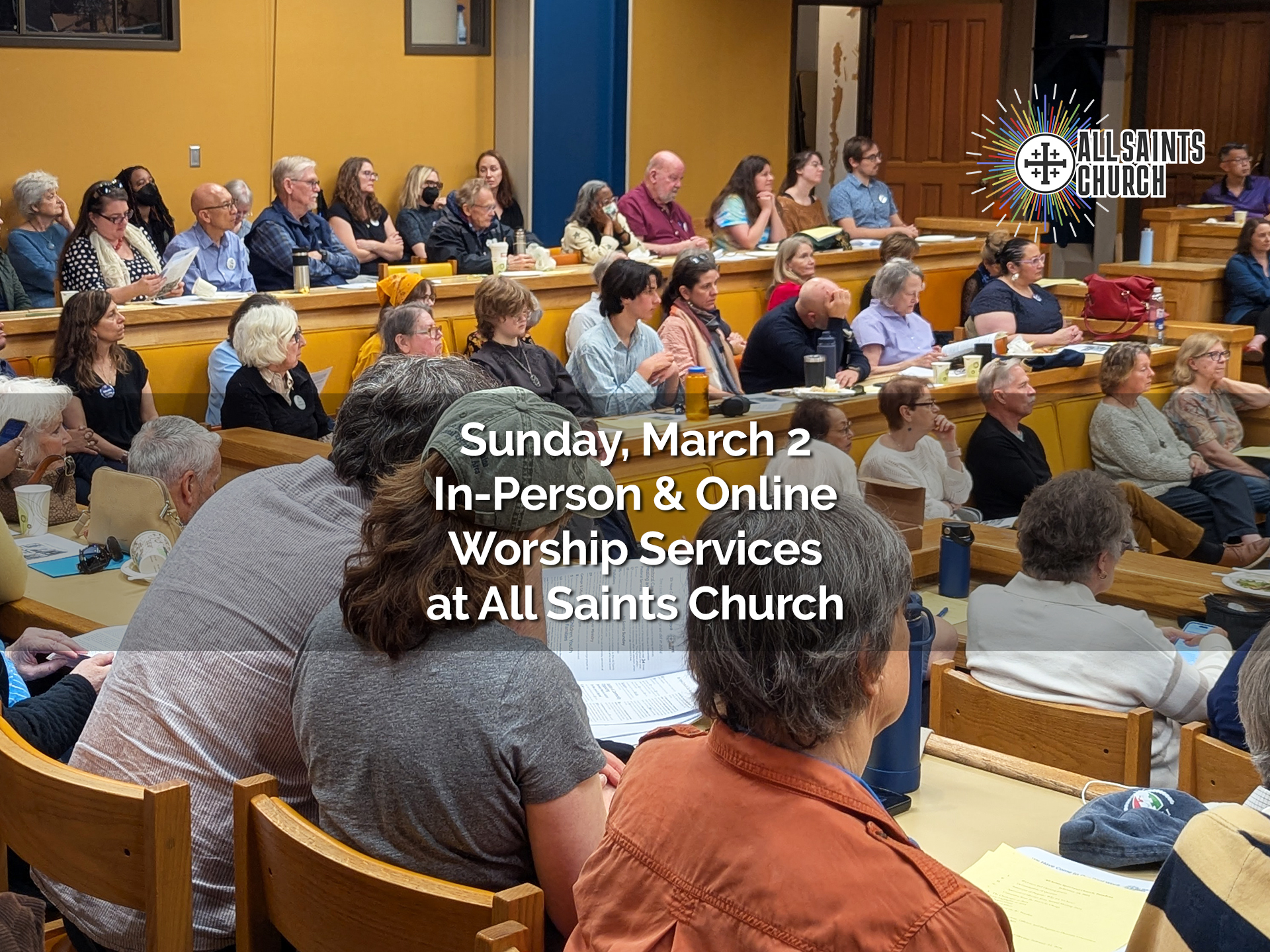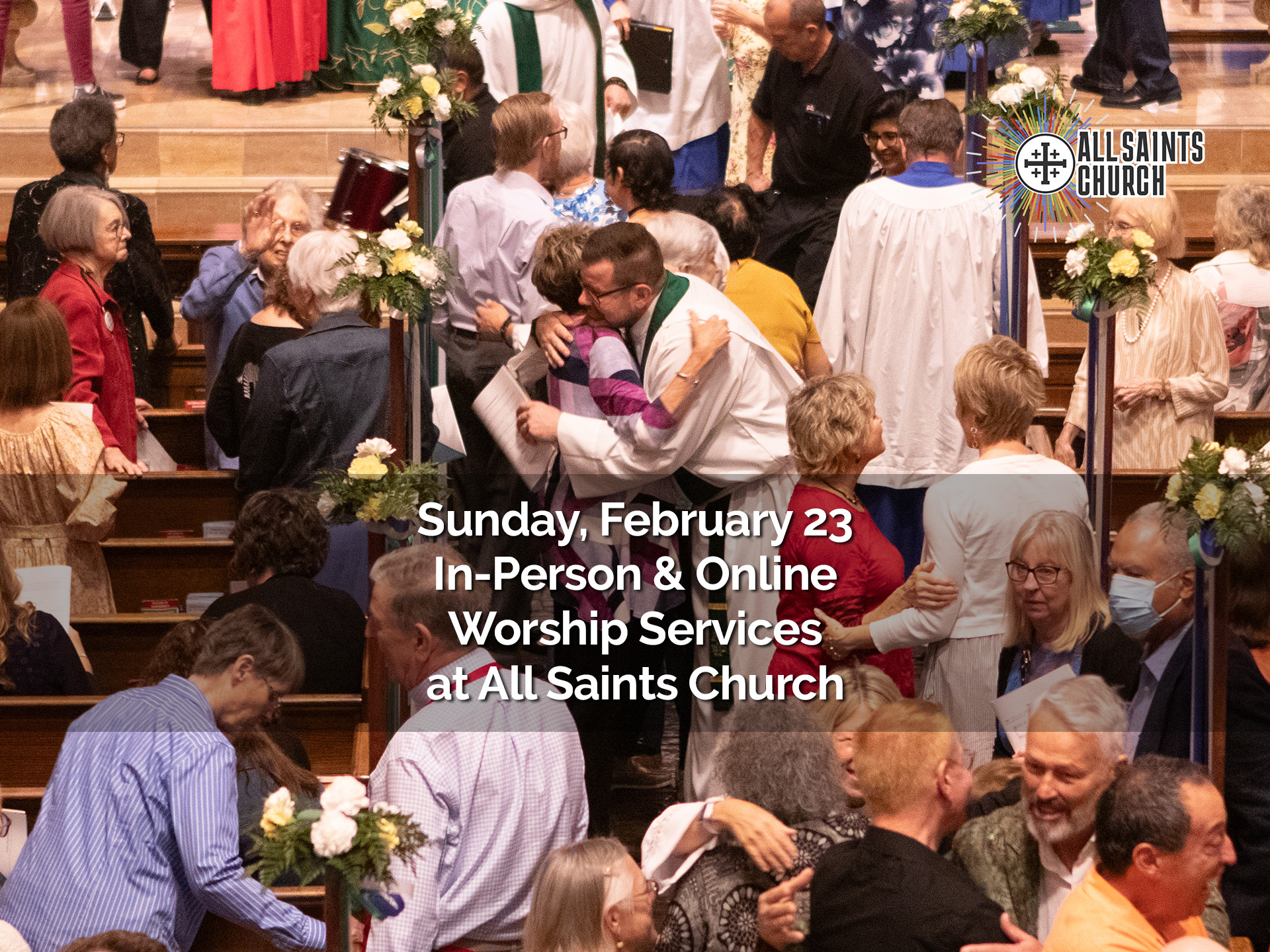The Gospel isn’t meant to be gulped down on Sunday morning, but gnawed on through the week so it really becomes a part of us. You’ve got to work at it, like a dog with a good bone! Here’s the Gospel for this coming Sunday — the Fourth Sunday in Lent — with food for thought on what it means to be saved, what it means to be loved, what it means to follow Jesus. Gnaw away!
John 3:14-21
Jesus said to Nicodemus, “As Moses lifted up the serpent in the desert, so the Chosen One must be lifted up, so that everyone who believes in the Chosen One might have eternal life. Yes, God so loved the world as to give the Only Begotten One, that whoever believes may not die, but have eternal life. God sent the Only Begotten into the world not to condemn the world, but that through the Only Begotten the world might be saved. Whoever believes in the Only Begotten avoids judgment, but whoever doesn’t believe is judged already for not believing in the name of the Only Begotten of God. On these grounds is sentence pronounced: that though the light came into the world, people showed they preferred darkness to the light because their deeds were evil. Indeed, people who do wrong hate the light and avoid it, for fear their actions will be exposed; but people who live by the truth come out into the light, so that it may be plainly seen that what they do is done in God.”
The Backstory – What’s Going On Here?
This is a continuation of the conversation that begins Chapter 3 where “a certain Pharisee named Nicodemus” comes to Jesus under the cover of night to ask him questions about the signs he has done. And Jesus responds by saying “unless one is born from above, he cannot see the kin-dom of God,” … which starts this whole conversation about how one can be born anew.
So the context of this passage is a conversation about being radically changed. About literally being born anew and completely re-oriented.
The Torah story Jesus quotes here is an interesting clue to what he is talking about.
Jesus quotes Numbers 21 (also the Hebrew scripture reading assigned for Sunday), which is a pretty grisly passage about the people of Israel rebelling against God in the desert and God sending poisonous snakes to kill the rebels, but those who repented and looked on a bronze serpent that God told Moses to make and lift up among the people were spared.
What does that have to do with Jesus? The common thread is complete trust in God. The people of Israel who rebelled in the desert shouted “Why have you brought us out of Egypt to die in the wilderness?” They stopped trusting that God would provide. In many ways, it’s hard to blame them … they were in the middle of a desert!!! But that’s where being born anew comes in. We are called to trust in God completely regardless of all
temptation and evidence to the contrary. And when we do, we will have new life like we can scarcely imagine.
Jesus didn’t come to condemn the world any more than God led the people of Israel into the desert to die. But in both cases, we are asked to trust deeply. To put ourselves in God’s hands instead of our own. And to receive a gift of amazing life that is freely offered if we will do so.
A few things to chew on:
*”On these grounds is sentence pronounced: that though the light came into the world, people showed they preferred darkness to the light because their deeds were evil.”
There’s a great line in Indigo Girls’ song Closer to Fine:
“Well darkness has a hunger that’s insatiable.
And lightness has a call that’s hard to hear.
I wrap my fear around me like a blanket.
I sail my ship of safety ’till I sank it.
I’m crawling on your shore.”
St. Paul put it different but the same: “I do not do what I want; I do the very thing that I hate.” (Romans 7:15).
It is one of the mysteries of the universe that we are drawn to that which brings death. We are given the amazing gift of life and even more the amazing gift of God’s love and yet we choose to spend that life in self-destructive and addictive behaviors. We choose to wrap ourselves in fear and cringe away from the light of hope. Jesus makes a profound point here. He does not need to condemn the world. We condemn ourselves by the choices we make. Jesus just stands with us, urging us to choose better. Loving us through our pain. Longing for us to find healing in loving God, loving each other, loving the stranger, loving ourselves.
*”Everyone that believes in him.” Human nature being what it is, we have twisted John 3:16 so that the name of Jesus becomes a magic password to heaven … so that there is a whole (incredibly popular) strand of theology that asserts that if you believe in Jesus you can live a pretty heinous life and be OK but if you don’t believe in Jesus you can be Gandhi and you’re still out of luck. Among the many, many theological problems with this school of thought is a complete mistranslation of the word “believe.”
What is translated “believe” here is the Greek pistis … which is not merely an intellectual assent. Pistis is a faith that literally puts your life in the hands of that in which you are believing. It is better translated deep trust. The kind of trust that believes that food will fall from the sky in the desert and you will be sustained. The kind of trust in God that led Gandhi to receive blows but never give them. The kind of trust that enables us to live extraordinary lives — lives that are eternal in depth and abundance.
Try This:
“God so loved the world.”
Think about that. God doesn’t just love some of the world. God loves the WHOLE WORLD.
That means God loves Dreamers AND God loves ICE agents. That means God loves Kamala Harris AND God loves Donald Trump. Pick the person you love the most and the person you loathe the most and they have one thing in common. That’s right … God loves them. And not just a little bit. God loves them enough to die for them.
This week, take a few minutes at the beginning of each day and practice living in an exquisitely beloved creation. Think of yourself as adored by God … but don’t stop there. Think of the people whom you know who are suffering the most … and how they are adored by God. But don’t stop there. Think of the people who annoy you the most. Think of the people who offend you the most. Think of the most heinously behaving people in your life … and realize they are adored by God.
Then ask God’s help in living that love in your attitudes and actions. AskGod’s help to love the whole world.
+++
JESUS SAVES
… and Gretzky scores
on the rebound!
When I saw this written (by two different authors) on a bathroom stall years ago, my first reaction was to chuckle. Then it got me thinking.
The phrase “Jesus saves” has pretty much become meaningless. It’s the “mom and apple pie” of the American religious landscape. Feel-good language that
doesn’t really address anything real and important in our lives.
That’s because saying “Jesus saves” doesn’t mean anything unless we wrestle with two questions.
What does Jesus save us from?
What does Jesus save us to?
If we look at not only the context of John 3:16 but all of the Gospel, what Jesus – the love of God expressed through humanity — saves us from is precisely what God has always been trying to save people from since Eden … our own self-centeredness and self-reliance.
Jesus, who says “a new commandment I give you, that you love one another as I have loved you” saves us from being imprisoned by our own desires and addictions, from being slaves to our own agendas, from needing to defend what we have out of fear of losing it.
And what does Jesus save us to? What happens when we love as Christ loves — without discrimination and extravagantly without limits?
Maybe this story will help.
St. Gregory of Nyssa Episcopal Church in San Francisco gives out groceries to about 750 families a week. One day a neighborhood boy walked up to the rector, Paul Fromberg, as food distribution was happening and pointed out that one of the recipients had a cell phone.
“He’s not poor. He shouldn’t be getting food,” the boy said.
Ignoring that people can still be poor and have a cell phone, Paul went right to the central point.
“We give food to anyone who asks. Because that’s what our job is. Our jobis to give.”
Then something happened that Paul didn’t expect. The boy’s eyes got wide and the smile on his face got even wider.
“Cool!” he said. “That makes you invincible!”
And Paul realized he was right. Because they knew their job was just to love everyone, nobody could trick them, nobody could play an angle on them, nobody could take advantage of them.
They were invincible.
That’s what Jesus saves us to. A life of invincibility. A life where we need never fear loss because we realize everything is just there for us to give away in love anyway. A life of freedom to love and not to worry.
Jesus saves. Saves from fear and saves us to invincibility.
Cool.
. . . . . . . . . . . . . . . . . . . . . .
Check out the rest of Sunday’s readings
The Lectionary Page has all of the readings for this Sunday and every Sunday – just click here.
Collect for Sunday
Pray this throughout the week as you gnaw on this Gospel: Gracious Father, whose blessed Son Jesus Christ came down from heaven to be the true bread which gives life to the world: Evermore give us this bread, that he may live in us, and we in him; who lives and reigns with you and the Holy Spirit, one God, now and for ever. Amen.
Want to read more?
“The Text This Week” is an excellent online resource for anyone who wants to dive more deeply into the scriptures for the week.
. . . . . . . . . . . . . . . . . . . . .
Gnaw on This is a weekly publication of All Saints Church, written by ASC Rector Mike Kinman. To subscribe via email Debbie Daniels at ddaniels@allsaints-pas.org or 626.583.2750



